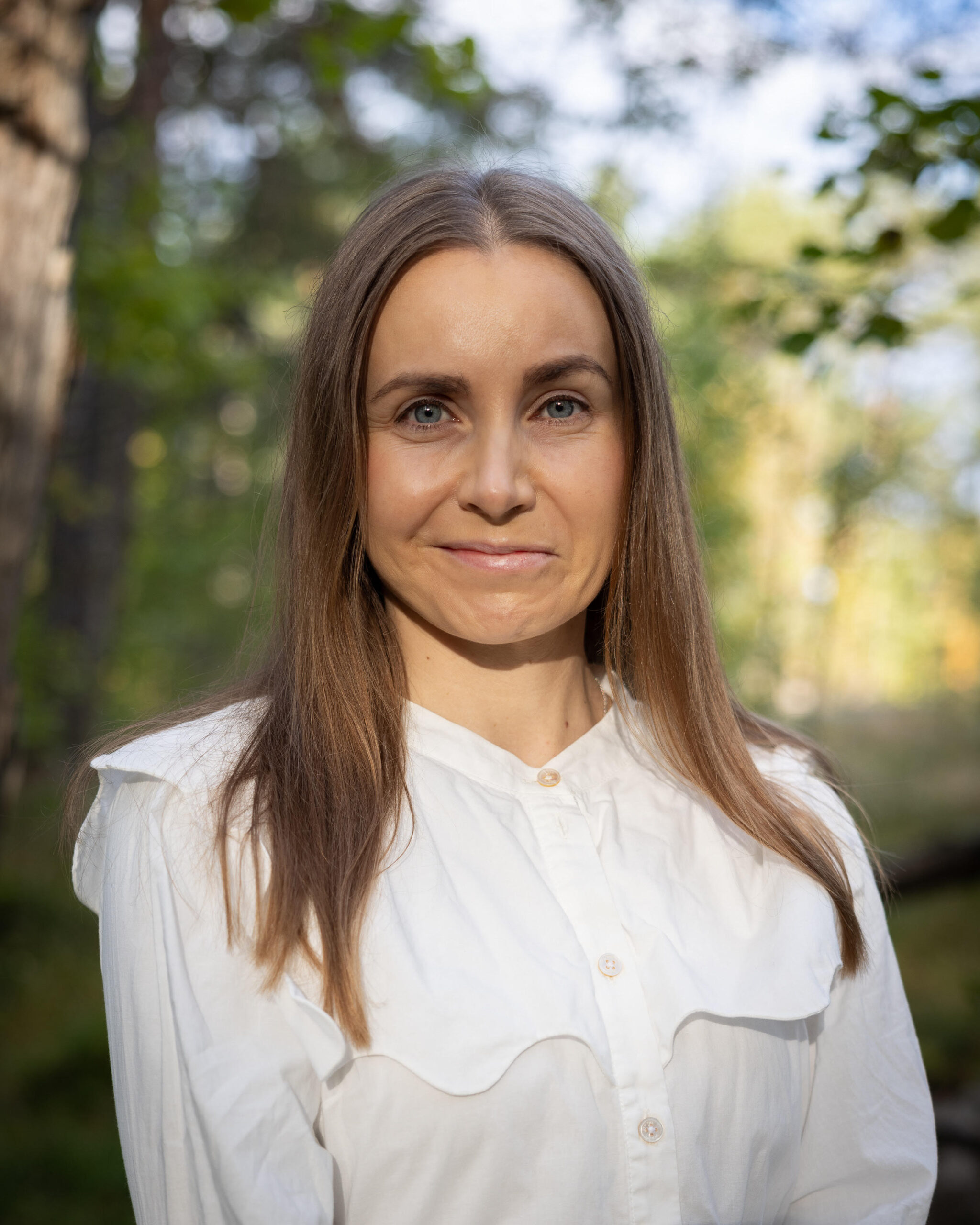Iida Miettinen – The circular economy is changing the world, whether we want it or not
The Sugar Changemakers interview series spotlights inspiring trailblazers who are shaping a better future through innovation, curiosity and wisdom. Iida Miettinen is an impact-driven entrepreneur committed to fostering circularity and the green energy transition. She believes in the power of businesses to lead systemic change. Miettinen is a Circular Business Advisor and serves as the Deputy Chair at Ensto and board member at Ensto Invest, Sewatek, and Inasis. She is also the founder of Kamupak and was awarded the Sininen Pallo environmental prize for innovations that enable large-scale consumer behavior change.
Iida Miettinen
Circular Business Advisor
Deputy Chair at Ensto and board member at Ensto Invest, Sewatek, and Inasis
Founder of Kamupak

Why I get out of bed in the morning…
We live in a world of overconsumption, which is depleting natural resources and accelerating climate change. This lifestyle is driven largely by companies, not individuals. But companies don’t have to be polluters or promoters of single-use culture. They can be game changers, enabling a future that stays within planetary boundaries.
We already have the solutions, we just need to act. My days are driven by a singular purpose: to make sustainable action not only possible, but easy and economically viable for everyone. This requires rethinking the business models, industrial systems, and policies that shape our choices.
The switch to a circular economy creates new jobs
My journey into the circular economy began with a realization during an internship in the fashion industry in London. The relentless cycle of new collections and fast fashion made me question the entire linear economic model. This constant production and disposal create massive amounts of waste. It also makes consumers victims of the overconsumption system.
The circular economy offers a powerful antidote by keeping products in circulation before they become waste – from textile and packaging reuse to the sharing economy. After my internship, I knew I didn’t want to continue in that field. Instead, I launched a vintage pop-up store with my partner in Helsinki and began exploring circular business models. The shift to a circular model isn’t just about environmental benefits; it also creates entirely new employment opportunities and drives economic growth decoupled from the use of natural resources.
We already have the solutions…
We’re still operating as if natural resources are limitless, but the reality is, all the solutions for a more sustainable economy are already within our grasp – it’s just a matter of implementing them. I believe that digitalization holds a critical key to unlocking the circular economy’s full potential. It’s how we make these complex systems efficient, both in terms of environmental impact and economic viability. My focus isn’t on activism; it’s on transforming the economic model itself, because without a sustainable economy, nothing else truly matters.
… But shifting away from disposable thinking is hard
Changing consumer and business behavior is an enormous undertaking. The linear, disposable economy has historically been the easiest and fastest way to grow a business, largely because it hasn’t accounted for the external environmental costs. We’ve been living as if we had an infinite supply of natural resources. Take fast fashion: it’s incredibly cheap to produce, and it took time to realize the severe environmental problems it is causing.
Finland’s paradox: the innovation leader lagging in circularity
Finland is a hotbed of circular economy innovation – we have incredible technology for waste sorting, recycling, and reuse across multiple material streams, including plastics, textiles, and critical materials. However, despite these advancements, our material circulation is poor compared to the EU average. We actually pay the EU around 100 million euros every year due to non-recycled plastic packaging waste! This highlights a critical need for structural change, where we create incentives like the bottle deposit system, which inherently encourages reuse through financial motivation.
The Kamupak lesson: being too early can still pave the way
With Kamupak, the market simply wasn’t ready for a system-level change to integrate reusability into society, even though we proved it worked. We hit a wall; we were too early. You can’t enact structural change if the businesses and policies around you are too optimised for linear models, like in our case with single-use packaging. But even if an entrepreneurial venture to challenge the market doesn’t succeed in the short term, its impact is immense. Big companies often can’t pivot fast enough, so it’s crucial for smaller players to challenge existing structures, even if it’s not the easiest path. Even if it ”goes wrong,” what I and my team learned along the way was more valuable than gold.
Finnish innovations shaping tomorrow’s world
Finland is a hub of exciting green technology companies that represent our future competitive edge. I’m particularly excited by those building their business models around sustainability from day one. Think of innovators like Origin by Ocean, Carbonaide (which sequesters carbon using concrete technology), and Hiili (which carbonizes waste wood for reuse). We also have strong players like Remeo and Lassila & Tikanoja with advanced waste sorting technology. The geopolitical situation has also pushed the circular economy’s importance to a new level, driven by concerns for supply security. This is especially important when it comes to critical materials and reducing dependency on oil. Finland’s deposits of key raw materials provide a strong foundation for leading in this transition.
It’s too late to stop the green transition
Finland’s electricity grid, for example, is already over 95% fossil-free. Clean electricity plays a crucial role in mitigating climate change. Today, renewables are the cheapest way to produce electricity. This gives me hope. The circular economy is the next big thing we will invest in. We still have a lot of work to do to move away from single-use and fossil-based businesses, but the winners of the future will be companies that enable this green transition. The green transition is already in motion, regardless of political shifts – it’s unstoppable.